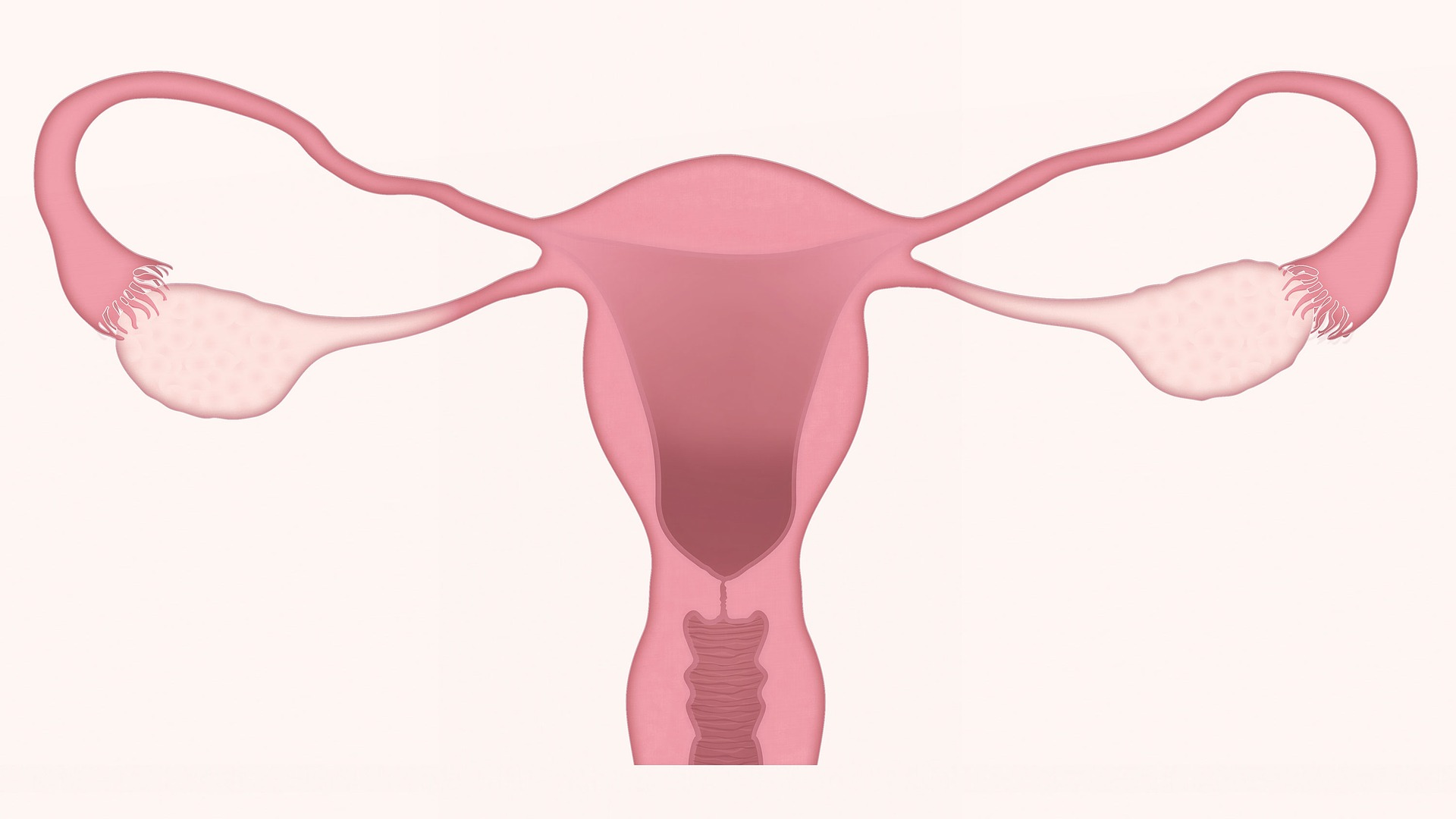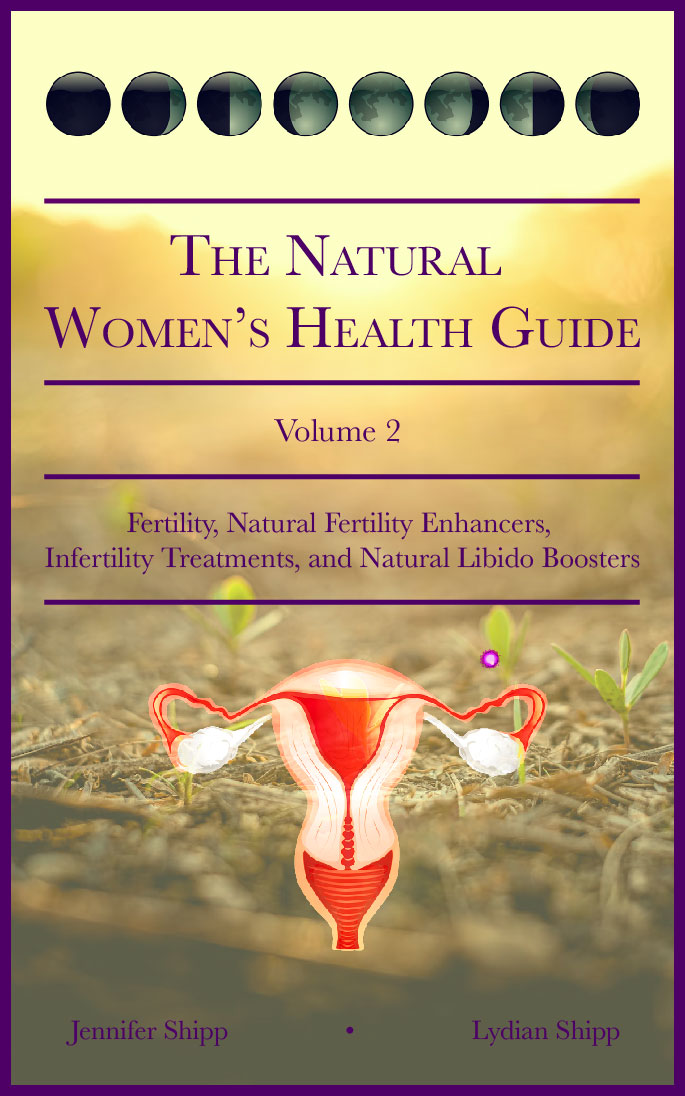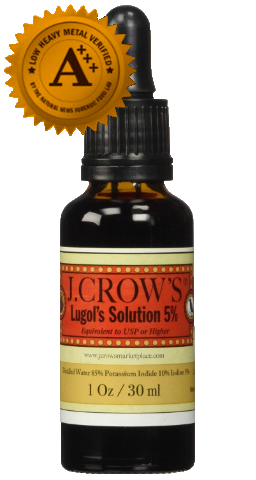 Reproductive Organ Calcification as a Cause of Infertility
Reproductive Organ Calcification as a Cause of Infertility
Calcifications of the reproductive organs can go unnoticed and undiagnosed for years, and many patients with fertility issues never even suspect this as a potential cause for infertility. There isn’t much discussion about reproductive organ calcifications on the internet, unfortunately, but this doesn’t mean that it isn’t a problem. As more and more people stick to a traditional western diet, a range of nutritional deficiencies are becoming more likely. And, these nutrient deficiencies not only are proven to lead to organ calcifications, but also to other health problems.
Reproductive organ calcification can seem like an impossible thing to remedy (at least not without surgery), but actually, there are treatments that can be highly effective, non-invasive, and simple when it comes to getting rid of calcifications. It may take some time for the calcification to go away, depending on the person, but nutrients such as vitamin K2, magnesium, and iodine have been proven to be highly effective in the treatment of this condition.
 The Natural Women's Health Guide, Volume 2 - Fertility, Natural Fertility Enhancers, Infertility Treatments, and Natural Libido Boosters - BUY HERE!
The Natural Women's Health Guide, Volume 2 - Fertility, Natural Fertility Enhancers, Infertility Treatments, and Natural Libido Boosters - BUY HERE!
Ovarian Calcification
Ovarian calcifications can negatively affect female fertility in that they can interfere with follicular development, oocyte release, and the synthesis of reproductive hormones. As we talked about in the article about Lunaception, the ovaries, like the hypothalamus (which is intimately connected with the pineal gland), also have circadian oscillators. So, similarly to pineal gland calcifications, ovarian calcifications may interfere with general reproductive rhythms, including ovulation and the timing of menstruation.Calcifications of the ovaries aren’t all that uncommon. Three different studies done in 1996, 2002, and 2007 indicate that, though some ovarian calcifications aren’t associated with any other health complications, that some can lead to the development of ovarian cysts of tumors. Women with PCOS may find this fact particularly interesting, since it suggests that underlying calcifications may actually be to blame in some cases for the development of numerous and/or painful ovarian cysts. Other conditions that ovarian calcifications have been associated with include:
- Endometriosis
- Mature teratomas
- Mucinous cystadenoma
- Serous neoplasm
- Irregular menstruation / menstrual cycle
- Painful and/or heavy periods
- Pain during sexual intercourse
- Lower back pain (especially around ovulation or menstruation)
- Gastrointestinal symptoms (bloating, gas, indigestion, diarrhea/constipation, etc.)
Uterine Calcification / Endometrial Calcification
Calcifications in and around the uterus are another potential cause of infertility for some women. Uterine and endometrial calcifications have been associated with:- Recurrent miscarriage
- Uterine polyps / Endometrial polyps
- Chronic endometritis (swelling of the endometrial tissue)
- Endometrial hyperplasia
- Gastrointestinal issues (bloating, gas, indigestion, diarrhea/constipation, etc.)
Some studies have shown that surgical removal of uterine calcifications can increase the chances of pregnancy success by up to 55% or more. However, despite the fact that surgical removal of calcifications is sometimes possible, vitamin K2 supplementation, in combination with other supportive therapies, offers a non-invasive and truly healing method for getting rid of calcifications in the reproductive organs. What these studies do tell us, though, is that removal or dissolution of calcifications in the uterus by any means is likely to improve a woman’s fertility and chances of conceiving and carrying a healthy baby to term.
 Click here to subscribe to the Living Database!
Click here to subscribe to the Living Database!
Fallopian Tube Calcification
Calcification of the fallopian tubes can lead to difficulties with fertilization of oocytes and eventual implantation of any eggs that may be fertilized. Blocked fallopian tubes can lead to serious fertility issues for many women; calcifications of the fallopian tubes are just one potential type of fallopian tube blockage. You can read about fallopian tube blockages and treatments for this type of infertility in women in more depth here.Since the fallopian tubes are situated between the ovaries and the uterus, calcifications of either of these other two female reproductive organs may progress into the fallopian tubes over time. This is considered to be a relatively rare type of calcification, but nevertheless, some women may have minor, undiagnosed fallopian tube calcifications that cause problems with fertility.
Besides being a cause of infertility, fallopian tube calcifications is associated with the following health problems:
- Adenomyosis
- Spotting in between periods
- Heavy menstruation
- Amenorrhea / Absent menstruation
- Dysmenorrhea / Painful menstruation
- Polycystic ovarian syndrome (PCOS)
- Tumors of the fallopian tubes (such as rare calcifying fibrous tumors)
- Abdominal pain
- Endometriosis
Fallopian tube calcifications are sometimes correlated with the presence of an infection such as Enterobius vermicularis, parasitic infection (like cysticercosis), syphilis, or tuberculosis. Read more about natural and effective treatments for tuberculosis at this link. We talk more about treatments for syphilis here.
Vitamin K2: The Most Important Treatment for Reproductive Organ Calcifications
Vitamin K2 is an essential nutrient that makes sure that calcium that enters the bloodstream ultimately ends up in the bones and teeth. It is necessary in order to avoid hypercalcemia, a condition in which a patient experiences high blood calcium levels. When a person doesn’t have enough vitamin K2, calcium may end up in the blood in unusually high levels, thus leading to calcium buildup in the veins and tissues of the body. Calcifications of the reproductive organs can generally be considered to be a direct byproduct of a vitamin K2 deficiency. Therefore, just like any other nutritional deficiency disease, organ calcifications can be reversed with the use of nutritional supplements (in this case, with vitamin K2). Vitamin K2 supplementation will also help prevent calcifications of these organs and others in the future.Vitamin K2 supplements come in 2 forms: MK-4 and MK-7. MK-7 is the natural form, and is thus the preferred choice for the treatment of any disease. Patients with reproductive organ calcifications can take up to 200mcg of vitamin K2 daily; there are supplements that offer vitamin K2 in combination with vitamin D3, but in the case of an actual calcification in the organs, it’s preferable to stick to high dose vitamin K2 therapy without the vitamin D3.
 Bronson Vitamin K2 as MK-7 Menaquinone 100 mcg Non-GMO, 120 Capsules
Bronson Vitamin K2 as MK-7 Menaquinone 100 mcg Non-GMO, 120 Capsules
Other Nutritional Therapies for Calcifications in the Reproductive Organs
Besides vitamin K2, here are some other treatments that may be valuable for patients who are trying to treat calcifications in the reproductive organs:- Boron / Boric acid - Boron is the main supportive nutrient for the parathyroid glands, an organ that is primarily responsible for the regulation of blood calcium levels. Supplementing with boron can help give the parathyroid glands the “juice” they need to help rebalance your body and remove excess calcium. You may take boron supplements at a dose of 3-6mg daily. Good dietary sources of boron include prunes and prune juice, avocados, raisins, apples, peaches, pears, peanuts and peanut butter (only get the good kind that has only peanuts, salt, and maybe oil), and beans and legumes.
 Nutricost Boron 3mg Supplement, 240 Vegetarian Capsules - Gluten Free and Non-GMO
Nutricost Boron 3mg Supplement, 240 Vegetarian Capsules - Gluten Free and Non-GMO
- Lugol’s Iodine - Lugol’s iodine feeds the thyroid gland, as well as the reproductive organs. Since the thyroid gland is so intimately connected to the reproductive organs, making sure that this gland has what it needs is crucial for success. As your organs decalcify, they’ll need support in healing and rebalancing. And, because high blood calcium levels interfere with iodine absorption, chances are very good that your body will need plenty of iodine in order to get back to its normal self. An iodine supplement is essential, but you can also make an effort to include dietary sources of iodine, if you wish. Good sources of iodine include seaweed (especially Nori seaweed), animal proteins from grass-fed animals, and fish (be sure to avoid types of fish that are likely to be contaminated with mercury and other chemicals). Read about how to correctly take Lugol’s iodine as a pro-fertility supplement here.
- Magnesium - Magnesium is an important nutrient to take when correcting organ calcifications for a few reasons. First of all, magnesium deficiency causes an increase in calcium levels. In some ways, because of this, magnesium could be considered to be a kind of regulating nutrient that helps keep calcium in check. Since magnesium deficiency is remarkably common (more common than most websites or conventional doctors would want you to believe), this makes magnesium supplementation even more important. Magnesium also helps support vitamin K2 in the body, and so it’s a good nutrient to take in combination with vitamin K2. Magnesium should be taken at a dose of 150-350mg daily in the form of magnesium bisglycinate or magnesium citrate. Take the supplement in the evening or before bedtime, since it encourages relaxation and healthy sleep. You can also incorporate magnesium rich foods into your diet, such as raw cacao, all kinds of seeds and nuts, spinach and other leafy greens, whole grains, and legumes.
 The Natural Women's Health Guide, Volume 2 - Fertility, Natural Fertility Enhancers, Infertility Treatments, and Natural Libido Boosters - BUY HERE!
The Natural Women's Health Guide, Volume 2 - Fertility, Natural Fertility Enhancers, Infertility Treatments, and Natural Libido Boosters - BUY HERE!

The AlivenHealthy Iodine Bible - Everything you need to know to get started taking iodine and more!
Related Posts:
Resources:


 2 Pack Magnesium Glycinate 500mg, 480 Capsules – 100% Chelated for Max Absorption – Bioavailable Mineral Supplement for Muscle, Joint, Enzyme, & Heart Health
2 Pack Magnesium Glycinate 500mg, 480 Capsules – 100% Chelated for Max Absorption – Bioavailable Mineral Supplement for Muscle, Joint, Enzyme, & Heart Health













